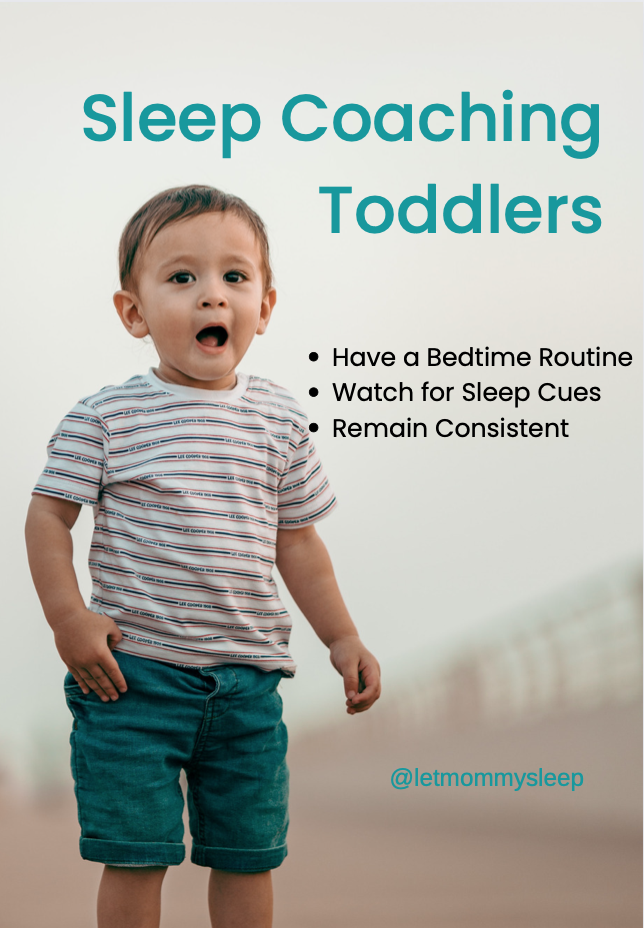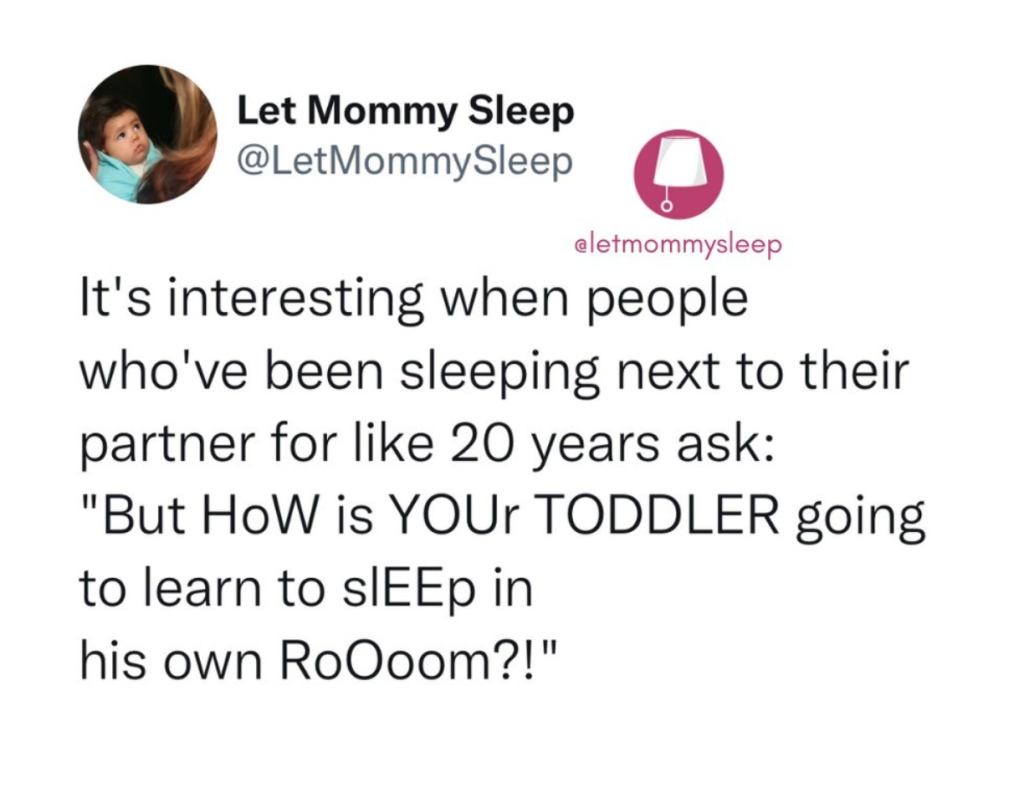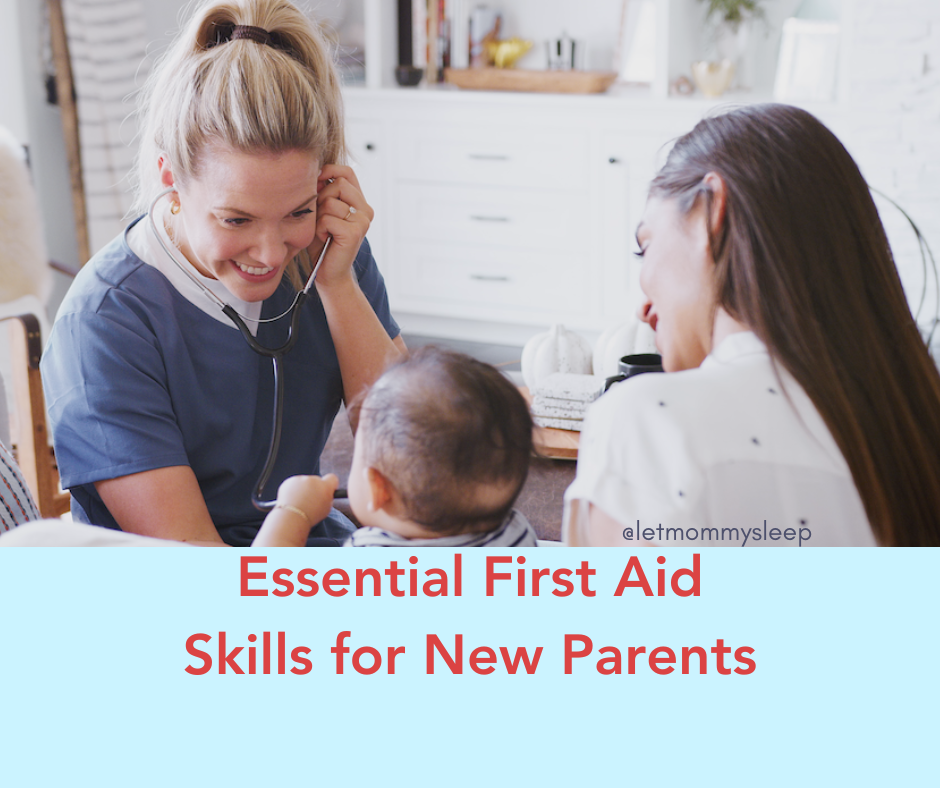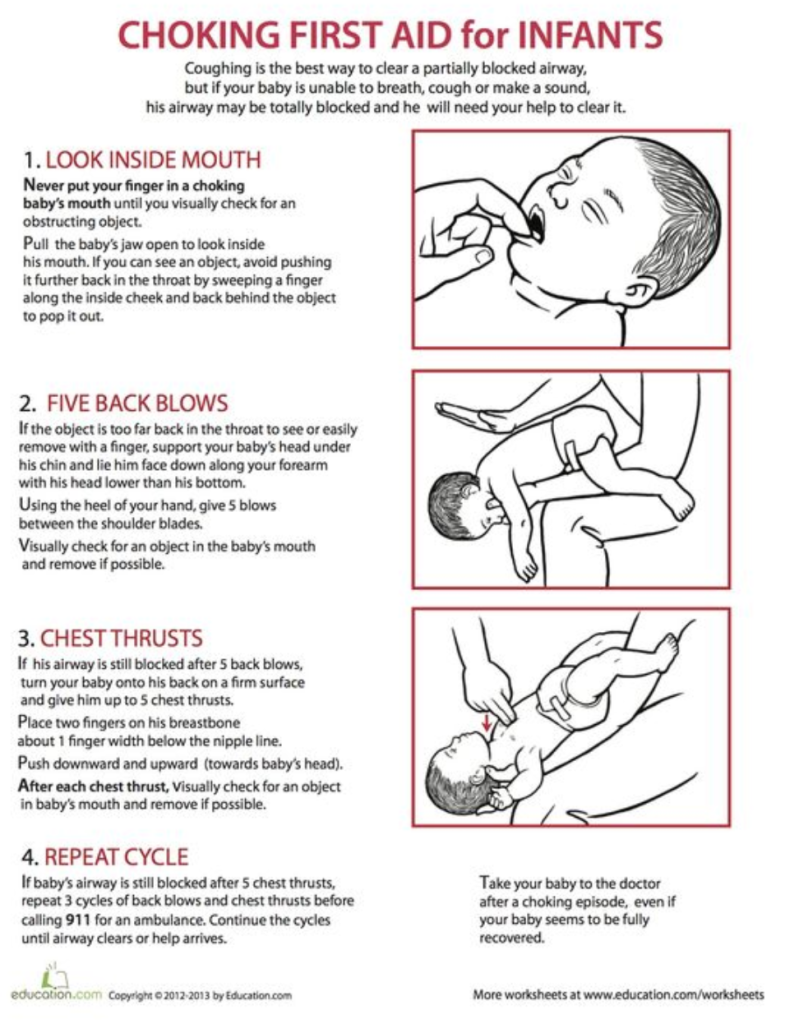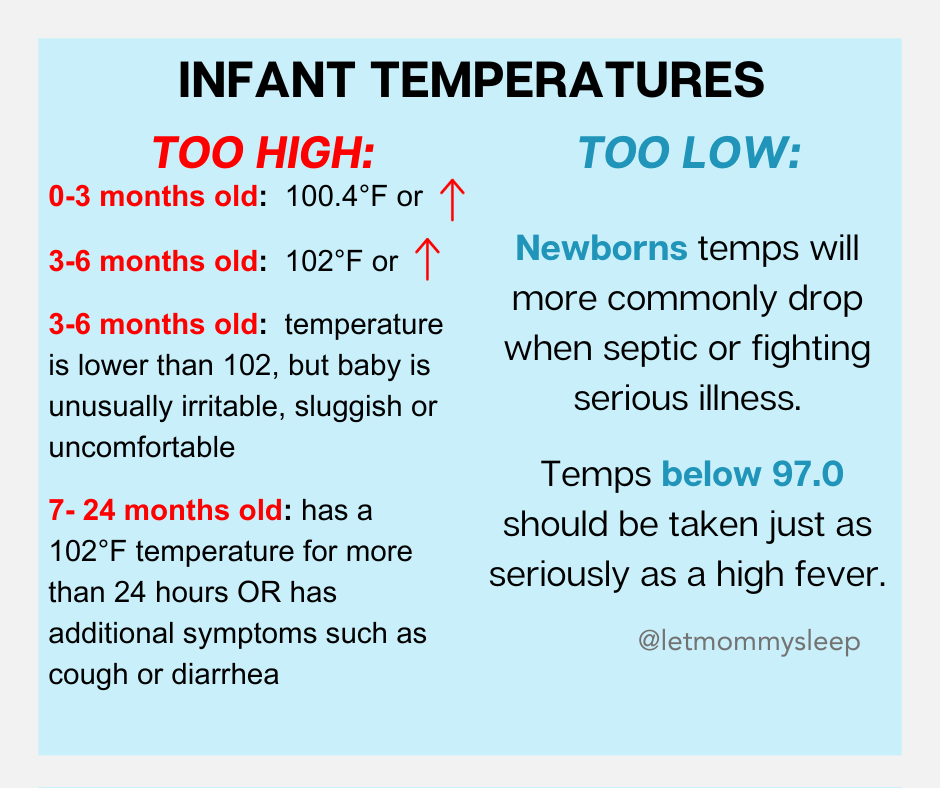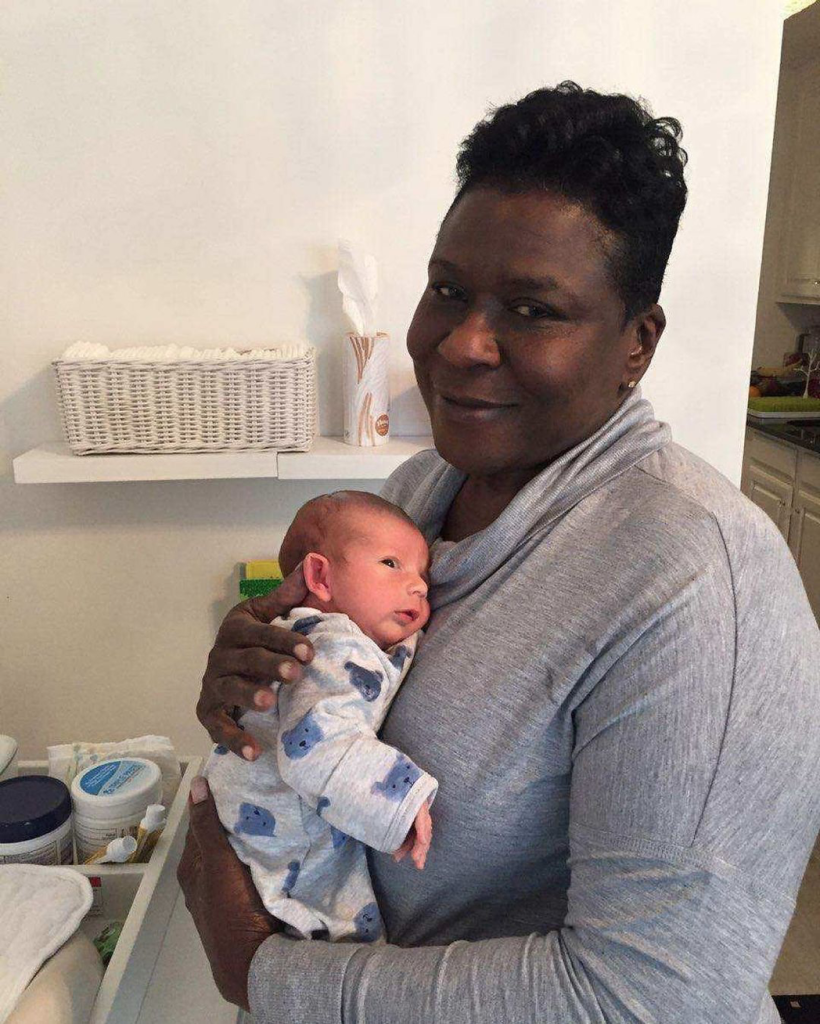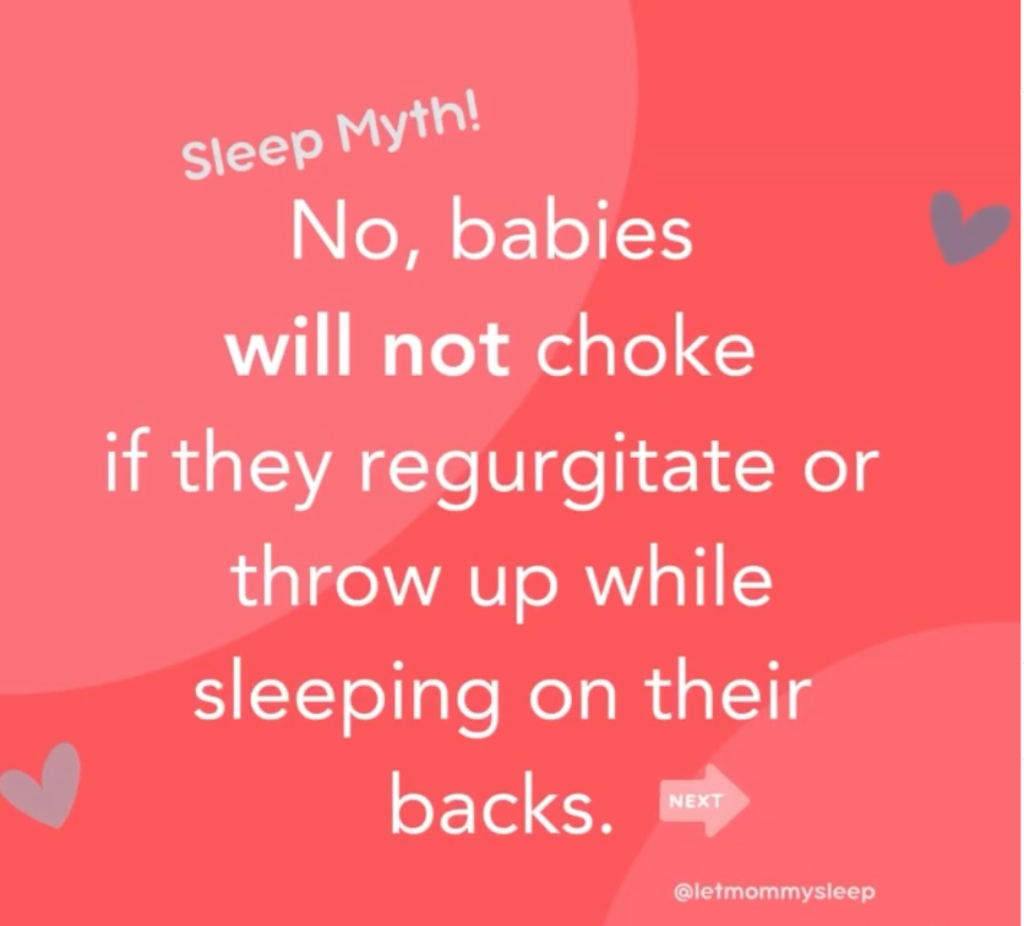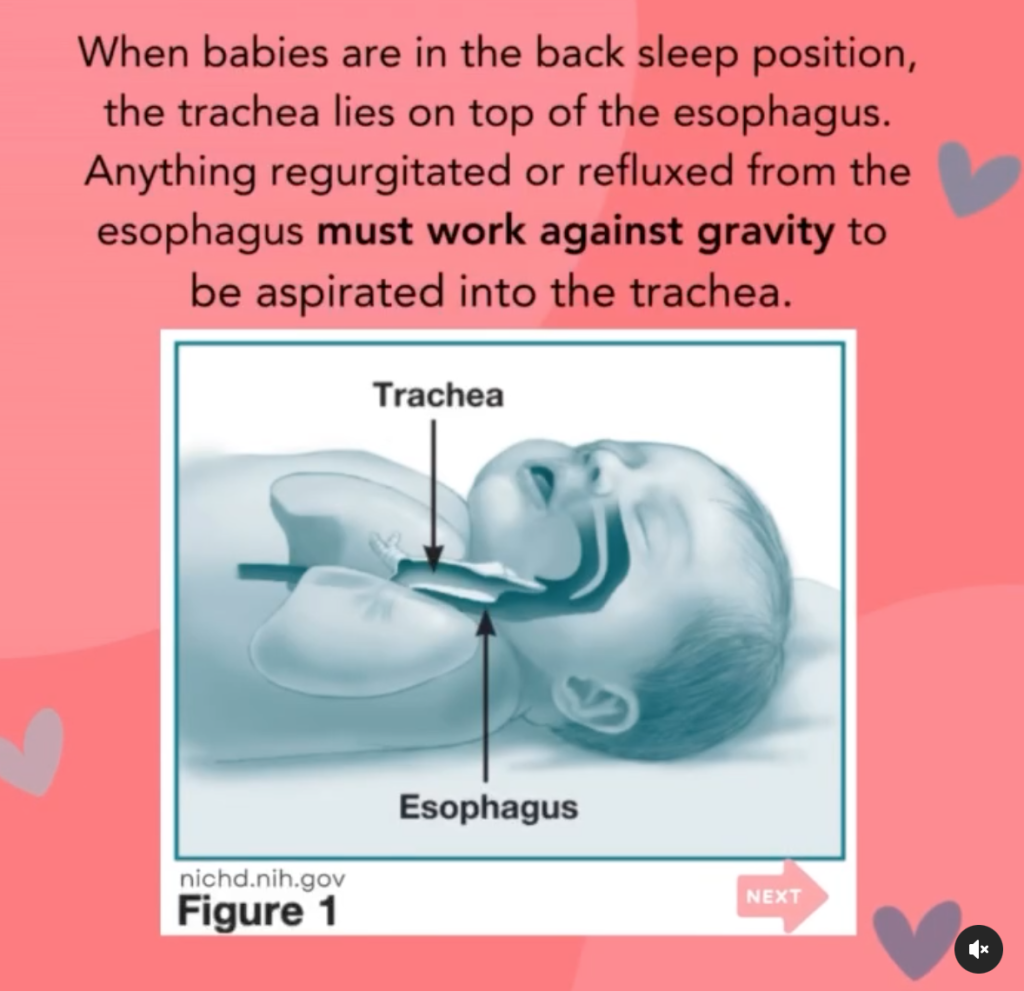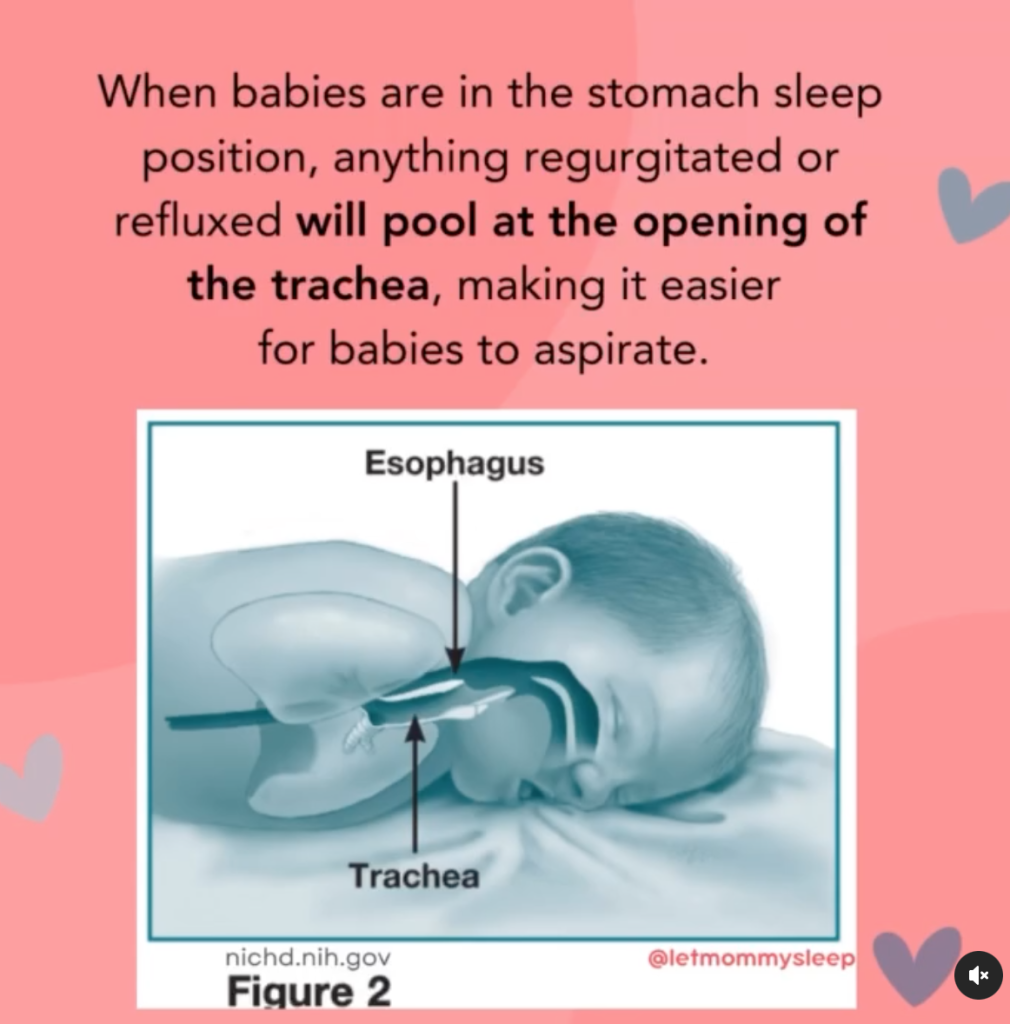Experiencing poor air quality due to wildfires and polluntants is becoming more common. Newborns and their parents in all parts of the US may be affected. This blog, Air Quality Info for Families aims to ease parents’ minds by providing information on how to keep babies, children and themselves safe.
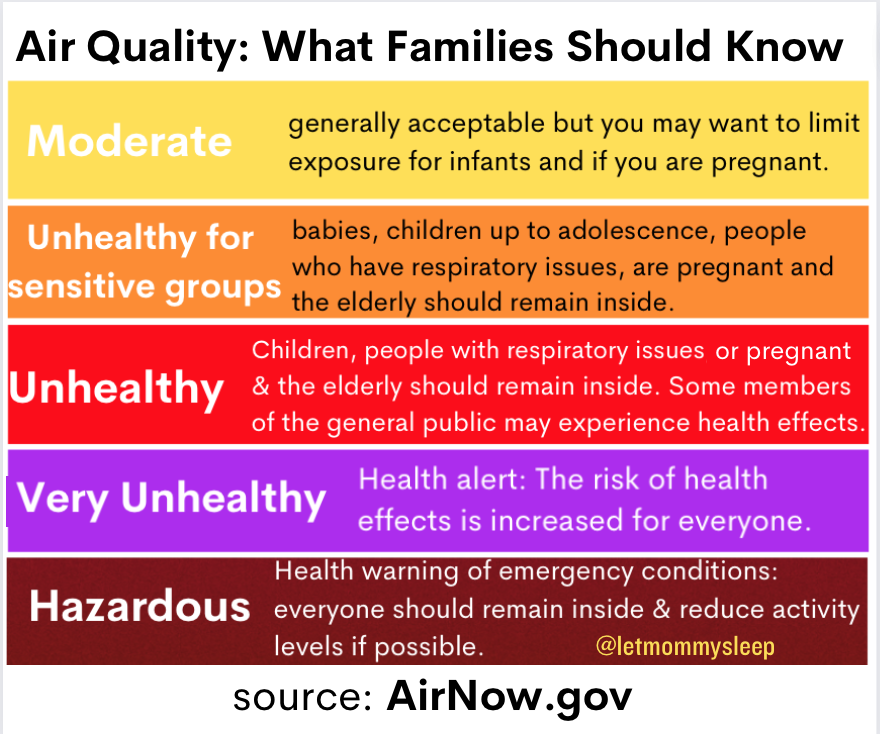
Newborns, Infants and Older Children
There are specific health risks for newborns and infants. Children up to age 18 are also more at risk for issues related to poor air quality. Here’s why:
- Developing respiratory systems: Because babies’ lungs and respiratory systems are not mature, they are particularly sensitive to air pollutants. Poor air quality can worsen respiratory conditions and even hinder lung development.
- Higher breathing rates: Babies have higher breathing rates compared to adults, which means they inhale a larger volume of air relative to their body weight. They have an increased intake of polluted air when air quality is poor.
- Weaker immune systems: Newborns and infants have immature immune systems, making them more susceptible to the harmful effects of air pollution. Exposure to pollutants can increase the risk of respiratory infections, allergies, and other health problems.
- Long-term health effects: Early exposure to high levels of air pollution can have long-lasting effects on a child’s health. Studies have shown that children exposed to air pollution during infancy and early childhood are at a higher risk of developing respiratory disorders, allergies, asthma, and other chronic health conditions later in life.
Sensitive Groups: Who Are They?
Sensitive groups in the Air Quality Index (AQI) are those who are more vulnerable to the adverse effects of air pollution. The specific sensitive groups recognized by the U.S. Environmental Protection Agency (EPA) include:
- Children under Age 18: Newborns, Infants, children and adolescents are considered sensitive, as their respiratory systems are still developing. Babies in particular also have higher breathing rates.
- The Elderly: Age-related changes in the body’s respiratory and immune systems can increase older adults’ vulnerability. Natural age related health issues such as weakened immune system also add to this vulnerability.
- Respiratory conditions: Individuals with asthma, chronic obstructive pulmonary disease (COPD), bronchitis, or other respiratory conditions are more sensitive to air pollution. Therefore, pollutants can exacerbate their symptoms.
- Cardiovascular conditions: Those with heart disease, congestive heart failure, coronary artery disease, or other cardiovascular conditions may experience worsened symptoms. They are also at increased risk of cardiovascular events due to poor air quality.
- Pregnancy: Pregnant individuals may be more sensitive to air pollution because it can affect both maternal health and fetal development. Exposure to pollutants during pregnancy has been associated with adverse outcomes. Preterm birth, low birth weight, and developmental issues are examples.
- Outdoor workers: People who work outdoors are exposed to higher levels of air pollution for longer durations. They may experience increased risks to their respiratory and cardiovascular health.
Air Quality Index by the Numbers
On your weather app, you’ll see air quality index noted by numbers. Here is how they break down.
green: good; 0-50
yellow: moderate: 51-100
orange: unhealthy for sensitive groups: 101-150
red: unhealthy; 151-200
purple: very unhealthy; 201-300
maroon: hazardous; 301 and higher

Air Quality Info for Families: How to Protect Babies and Families
Stay Inside: try to remain in a well-ventilated, clean environment, avoiding outdoor activities that could expose them to polluted air.
Limit Physical Exertion: breathing heavy causes us to intake more air; try to limit this.
Get a Good Mask: As airnow.gov notes: N95 respirator masks can provide protection from wildfire smoke. Cloth masks will not work.
Take Indoor Breaks: If you must be outside, frequent breaks indoors in places where the air is clean can help.
Air Purifiers: Purchase an air purifier for your home for extra protection. Consumer Reports has a comprehensive list of indoor air purifiers.
For more information on the AQI and how it affects our health, visit airnow.gov.

